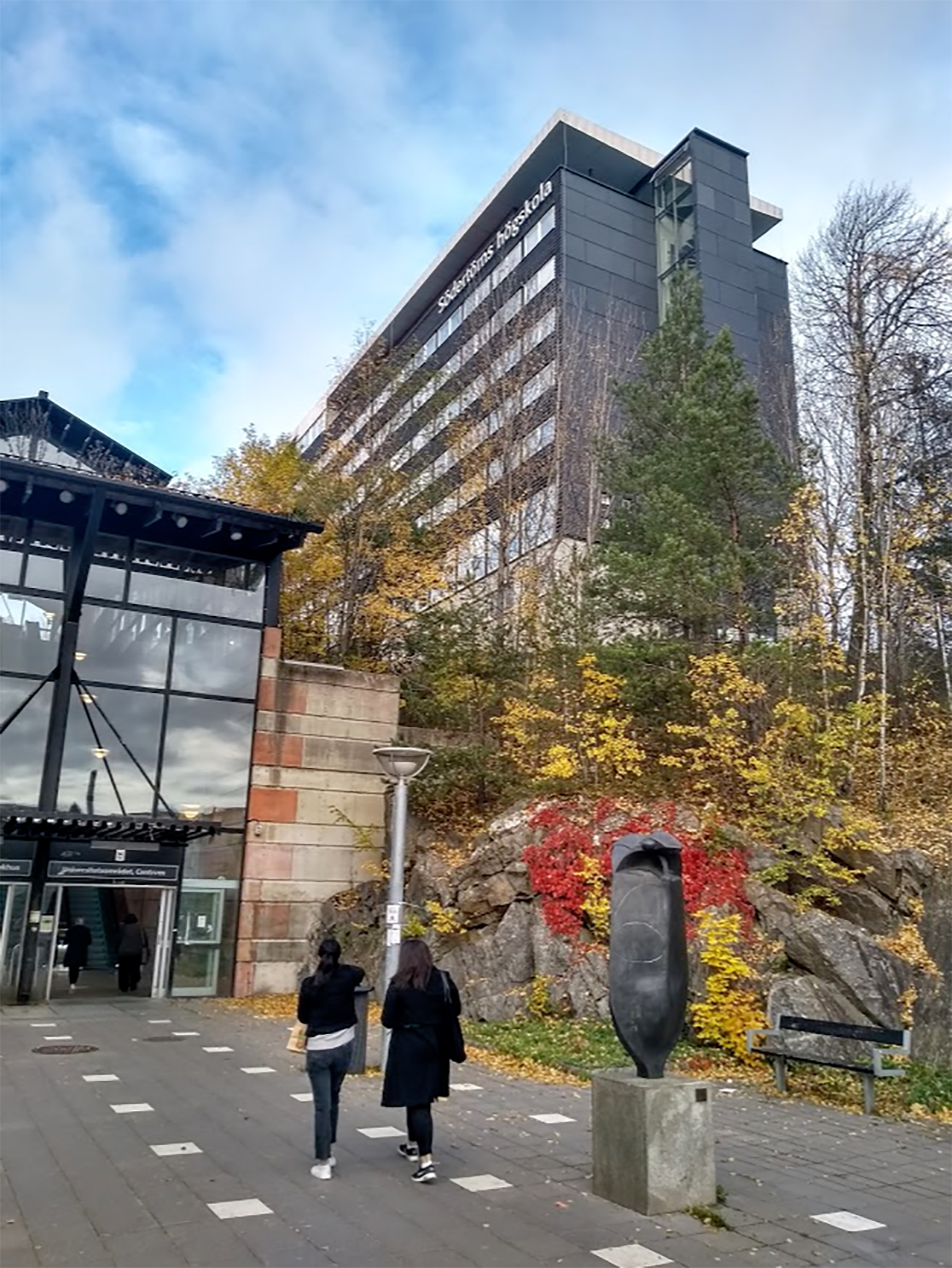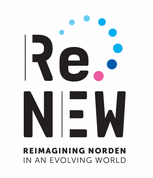Podcast: The Nordic Model: Heaven or Hell?
Since the interwar years, foreign observers have regularly portrayed the Nordic countries as well functioning states, successful in solving crises, with happy populations; in short as good societies. Why did this happen? Are the Nordic countries the way they are simply because they are in a relatively safe corner of the world? Because they have plenty of natural resources and small populations? Or are there more convincing cultural explanations, such as, their strong labour movements and trade unions? Listen to these two podcasts on the Nordic Model to find out. In October 2019, the editor of nordics.info Nicola Witcombe caught up with three researchers after an academic workshop on ‘Nordic Democracy: Challenges, Threats and Possibilities’ at the Institute of Contemporary History at Södertörn University in Sweden. All of the three researchers are involved in the project 'Nordic Model in the global circulation of ideas' and are ideally placed to help us find out more about the development of the Nordic Model - and whether it really should be called ‘a model’ in the first place.

To work out the success of the Nordic countries, commentators and academics have frequently sought a specific model or models; recipes that could be followed elsewhere by governments in pursuit of various political ambitions. Others have found in the Nordic countries paths leading not to paradise, but towards hell arguing that they are too caught up in achieving true socialism or that they are betrayers of a particular racial cause.
Different political and cultural aspects of the Nordic societies since 1960s have been labelled ‘a model’ or ‘models’, lending diverse and often contradictory characteristics to something that is seemingly whole and unique – the Nordic model. In these two podcasts, we start digging in the present day discussions about Trump’s rants about Sweden and Macron’s desire to reform France along Scandinavian lines and then explore the archaeology of politico-cultural modelisation of the Nordic countries.
The Nordic Model: Heaven or hell? – podcast number I
This podcast introduces the concept of the Nordic Model and gives examples of how it is perceived as 'good' and 'bad' by differing groups. The participating researchers discuss, amongst other things, that there are many different Nordic Models and the idea of the Nordic Model has changed over time and geography. Could the essence of the Nordic Model in fact be its flexibility, or ‘chameleon-like’ quality, as one of the participants puts it? (Published on nordics.info on 3rd April 2020).
The Nordic Model: Heaven or hell? – podcast number II
In this podcast, researchers examine how the Nordic model is framed and used in and outside Norden. They present examples of how different aspects of the Nordic Model have been applied outside the Nordics, and how these attempts (and the global use of the term 'Nordic Model') has reflected back on the Nordic countries, defining in many ways how they see themselves. This podcast also illuminates a more general impulse to create understandable frameworks (like ‘models’) in order to fathom complex political and cultural patterns. Can policymakers elsewhere pick from a 'smorgasbord' of different social and economic policies that make up the 'Nordic Model', as one of the participants puts it? (Published on nordics.info on 15th April 2020).
Links:
This podcast was a collaboration between two research groups:
-
Reimagining Norden in an Evolving World, supported by NordForsk.
-
The Nordic Model(s) in the global circulation of ideas, 1970-2020 supported by the Danish Independent Research Fund.

